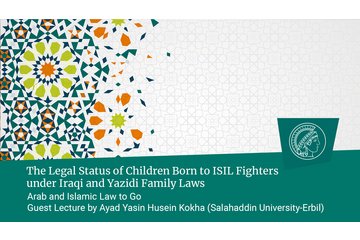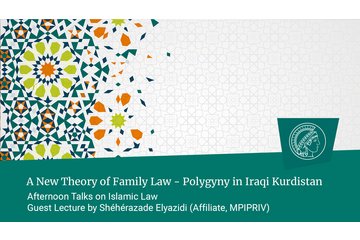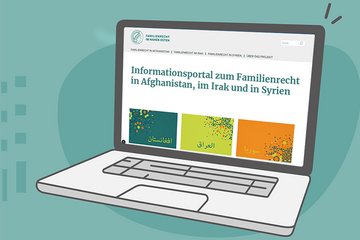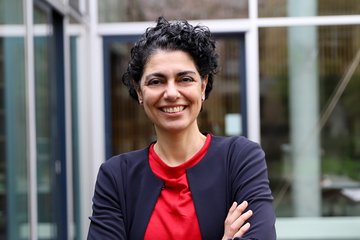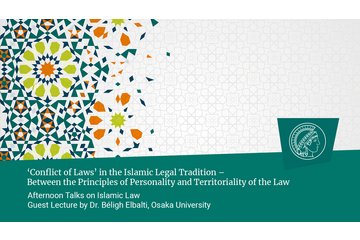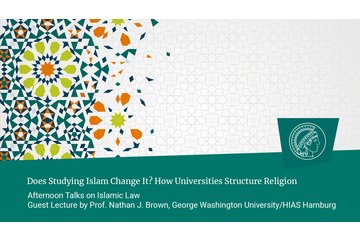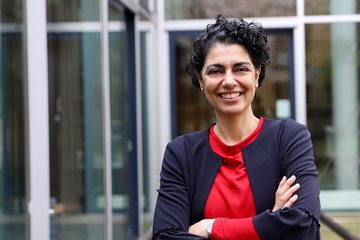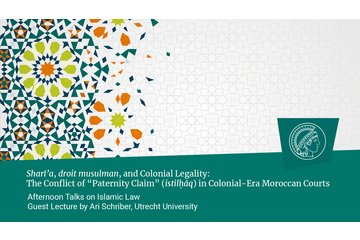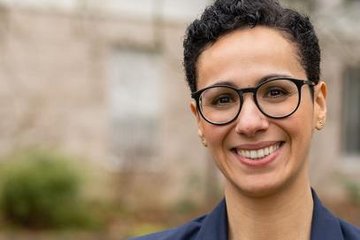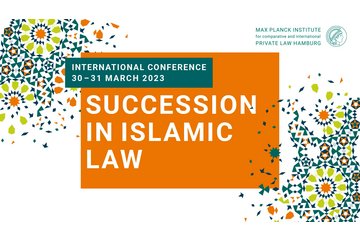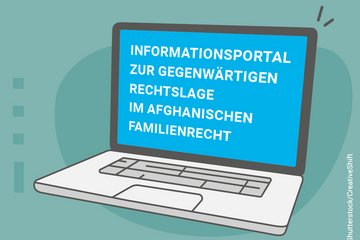Adoption in comparative perspective
In Algerian law the term Kafāla refers to a court-ordered assignment of child custody and guardianship. In its decision from 26 March 2019, the European Court of Justice assessed this legal institution with respect to the EU Directive on the freedom of movement.
In 2015, Priv.-Doz. Dr. Nadjma Yassari, leader of the Institute Research Group “Changes in God’s Law – An Inner-Islamic Comparison of Family and Succession Laws“ authored a report for the European Parliament in which she explained that Kafāla is a legally regulated Algerian institution that, for the purposes of recognition, can be understood as being functionally equivalent to a lighter form of adoption.
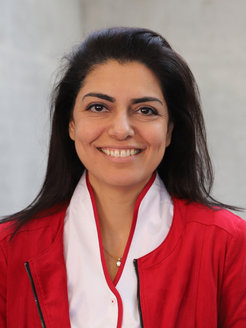
In the case at issue, a French married couple resident in the United Kingdom had applied for an entry clearance for an Algerian child that had been placed under their care and guardianship pursuant to a Kafāla ruling issued by an Algerian tribunal. The opinion of the European Commission as to this procedure was based on Yassari’s report. The CJEU, however, decided that under the European Economic Area Regulations 2006 the child was to be treated not as an adoptive child in the sense of being a “direct descendant” but instead as an “extended family member”. In terms of questions raised by the decision, Yassari is of the following views:
Courts and agencies around the world are confronted on a daily basis with questions regarding the recognition of foreign adoptions and consequently need viable criteria. How does one find an international common denominator for the institution of adoption?
“In some countries, but not all, a child takes the name of the adoptive parents as a result of an adoption. Some legal systems establish mutual rights of inheritance between the adoptive parents and an adoptive child, but some allow for only unilateral rights. In some countries the adoption creates a familial relationship between an adoptive child and the family of the adoptive parents, but in others it does not. The cornerstone of adoption is the creation of permanent link between a minor child and a new family, done in the best interests of the adoptive child. This latter description represents the common denominator when considering today’s global spectrum of legal regulations.”
To what extent does Kafāla meet the criteria for adoption?
“As regards Kafāla, Algerian law establishes a right of comprehensive parental care free from state intrusion. This includes in particular the Kāfil’s (the receiving individuals’) unlimited rights of disposal over the assets of the Makfūl (the received child) – a privilege that Islamic law generally extends only to the biological father or the paternal grandfather. Furthermore, the Kāfil is entitled to give his family name to the Makfūl. Overall, the Algerian Kafāla aims to create a permanent bond between the Kāfil and the Makfūl, which is why it is the functional equivalent of adoption.”
From a comparative perspective, what is to be made of the CJEU’s conclusion that the establishment of filiation is a prerequisite for recognition as an adoption?
“In terms of the result, the Court’s decision is acceptable in that it leads the parents being reunited with the child they took in. However, from a comparative law perspective, the statements of the court warrant criticism. It is true that under Algerian law Kafāla does not create filiation (in Arabic: Nasab) between the new parents and the child. But it is equally true that Kafāla functionally produces all of the effects of an adoption simple, as for example recognised under French law. In order to bridge this tension and to transpose Kafāla into the systemic lexicon of European family law, a broader standard needs to be adopted.”
Image: © Max Planck Institute for Comparative and International Private Law

